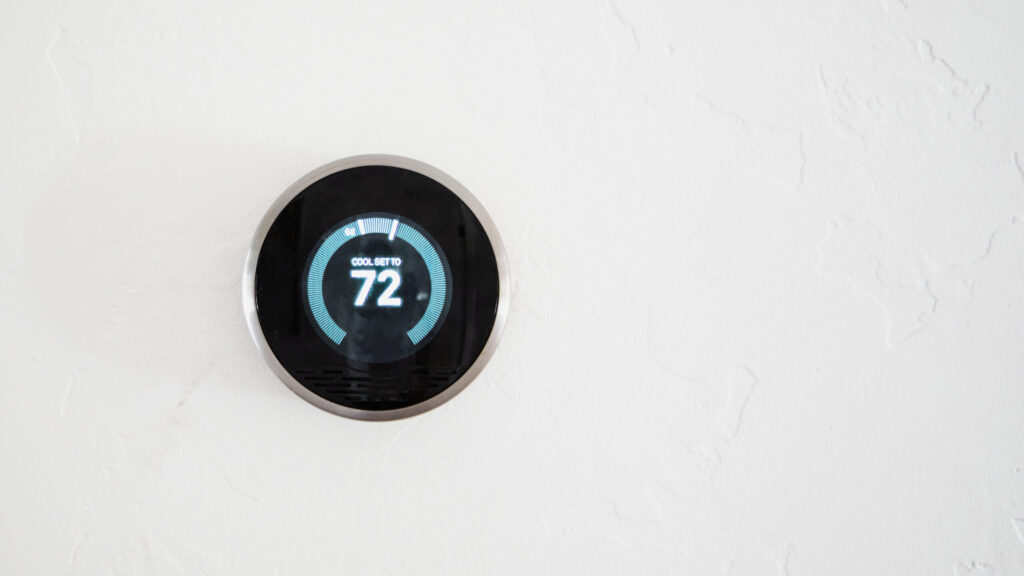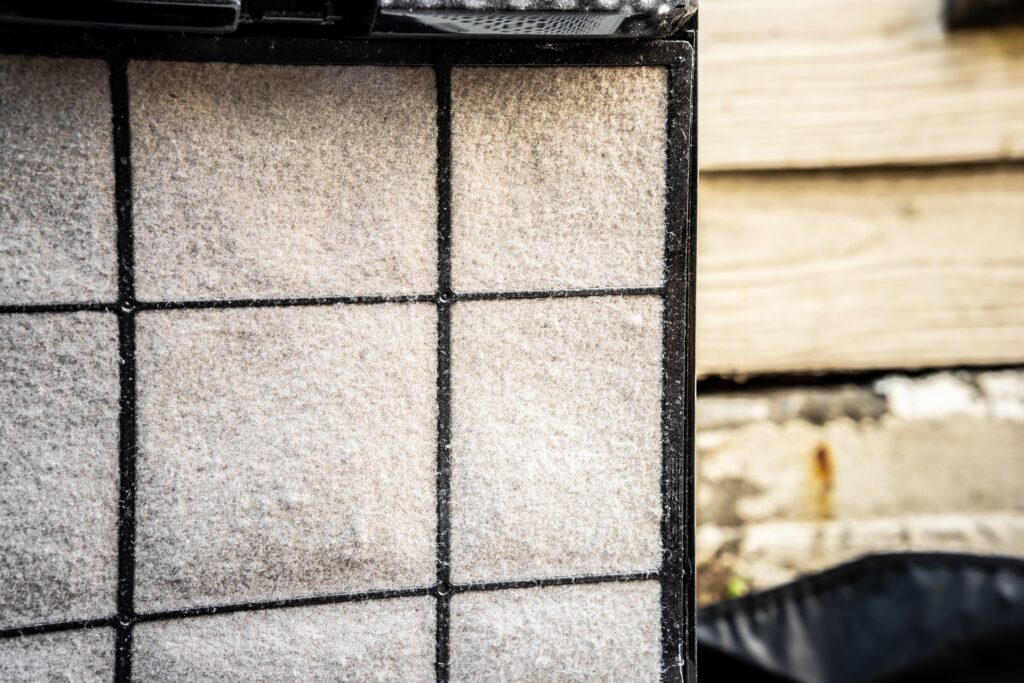HVAC Tips for Rental Properties and Airbnb Hosts
Owning a rental property in a beautiful destination like Gulf Shores can be a rewarding and profitable investment. The key to a successful rental, whether it is a long-term lease or a short-term vacation property, is consistently providing a positive experience for your tenants or guests. In our hot and humid coastal climate, no single factor has a greater impact on that experience than a powerful, effective, and, most importantly, reliable air conditioning system.
An HVAC system in a rental property operates under a unique and far more punishing set of challenges than one in a primary residence. It is subjected to a much heavier workload, it is often operated inefficiently by temporary guests, and a sudden failure can lead to disastrous reviews, demands for refunds, and a significant loss of rental income. For property owners and Airbnb hosts, thinking strategically about your HVAC system is not just about maintenance; it is about asset management. A proactive approach is essential for protecting your investment, controlling your operating costs, and ensuring you consistently earn the 5-star reviews that are the lifeblood of your business.
Install a Smart Thermostat with Remote Access and Controls
The single most powerful and impactful upgrade you can make to an HVAC system in a rental property is the installation of a smart, Wi-Fi-enabled thermostat. This single device can solve the most common and costly problems associated with tenants and guests: inefficient use and extreme settings.

It is a common and understandable scenario. A vacationing guest arrives at your property, and their first act is to crank the thermostat down to its lowest possible setting, often 65 degrees or lower, to cool the space down as quickly as possible. They then leave for a full day at the beach, sometimes leaving a door or a window open, while the air conditioner runs non-stop, fighting a losing battle against the Alabama summer. This results in an astronomical energy bill for you and places an immense amount of strain on your HVAC equipment.
A smart thermostat gives you, the owner, the ability to prevent this. These devices connect to your property’s Wi-Fi, allowing you to monitor and control them from a smartphone app anywhere in the world. The most crucial feature for a rental property is the ability to set temperature limits. You can program the thermostat so that it simply cannot be set below a reasonable temperature, such as 68 or 70 degrees. This one feature completely eliminates the problem of extreme and wasteful settings. You can also use the app to schedule temperature changes, such as pre-cooling the property an hour before your next guest’s scheduled check-in time and automatically setting it to an economical temperature the moment they check out.
Prioritize Proactive and Consistent Professional Maintenance
For a rental property on the Gulf Coast, a preventative maintenance plan is not an optional expense; it is an essential part of your business’s operating budget. The air conditioner in a vacation rental runs far more, and far harder, than a system in a typical primary residence. It is often running almost continuously for nine months out of the year, under the heavy load of cooling down a hot space for a constant rotation of new arrivals. This extreme workload means that the risk of a component failure is significantly higher.
Click here to learn more about our preventative air conditioning maintenance.
A mid-stay breakdown is one of the most dreaded scenarios for a rental host. It results in an unhappy and uncomfortable guest, which can quickly lead to a demand for a full or partial refund and, almost certainly, a scathing one-star review that can damage your property’s reputation and impact your future bookings. The cost of an after-hours or weekend emergency service call is also significantly higher than a scheduled maintenance visit.
The most effective way to avoid this crisis is to prevent it from happening in the first place. Enrolling your property in a professional maintenance agreement with a company like Wynn Creek AC is the best insurance you can have against a mid-season failure. A certified technician will perform a comprehensive tune-up on your system at least twice a year, typically in the spring and fall. They will thoroughly clean the coils, clear the drain lines, check the refrigerant levels, and test all of the electrical components. This allows them to spot and correct small, developing problems before they can escalate into a major, guest-interrupting breakdown.
Click here to learn more about our preventative heat pump maintenance.
Invest in Coastal, Corrosion-Resistant Equipment
The beautiful, salty air in Gulf Shores that draws visitors from all over the country is also a relentless and destructive force against standard HVAC equipment. The microscopic salt particles and constant high humidity create a highly corrosive atmosphere that can cause a typical outdoor unit to rust and fail in a fraction of its expected lifespan.
When it comes time to replace the HVAC system in your investment property, it is crucial to choose equipment that is specifically designed for our coastal environment. Several leading manufacturers produce “coastal” or “seacoast” product lines that are built from the ground up to withstand the effects of salt air. These units often feature condenser coils that are made from all-aluminum or have a special, factory-applied corrosion-resistant coating. They are constructed with rust-proof composite base pans instead of standard steel ones, and they use specially coated fasteners and a more durable paint finish.
Looking to upgrade your air conditioning unit? Click here.
While a coastal-rated unit may have a higher upfront cost, it is a far smarter long-term investment for a rental property. Its enhanced durability means it will last significantly longer in our harsh environment, saving you from the massive expense of a premature system replacement. For a business owner, the improved reliability and lower total cost of ownership over the life of the unit make it a clear and financially prudent choice.
Focus on Simple, Guest-Proof Maintenance
While you cannot expect your tenants or guests to perform routine maintenance, there are a few simple but critical tasks that you or your property manager must stay on top of to prevent the most common and simple causes of a system failure.
The most important of these is the air filter. The filter in a high-turnover rental property, with guests tracking in sand and leaving doors open, will get dirty much more quickly than in a normal home. A clogged air filter will restrict airflow, which can cause the indoor coil to freeze into a block of ice, leaving your guests with no air conditioning at all. You or your cleaning crew should make it a non-negotiable part of your checklist to inspect the air filter after every single guest stay and to replace it at least once a month during the peak season.
Having air quality issues? Invest in an air purification system today.
The condensate drain line is another common failure point in our humid climate. This is the pipe that drains away the water your AC removes from the air. It can become clogged with algae and sludge, which can trip a safety switch and shut the system down. You can help to prevent these clogs by having the line professionally flushed during your regular maintenance visits and by pouring a cup of distilled white vinegar down the line once a month during the summer.
Educate Your Guests (Gently)
While a smart thermostat with temperature limits is your best defense against misuse, a little bit of polite communication can also go a long way in encouraging your guests to be more mindful of their energy use.
You can include a small, friendly, and non-accusatory note in your guest welcome book or on a small, framed placard near the thermostat. The message should be focused on the shared goals of ensuring their comfort and being environmentally responsible.
A simple note might say something like, “To ensure you stay comfortable during your visit and to help us conserve energy here on our beautiful coast, we recommend a thermostat setting of 72 degrees. Please also help us keep the cool air inside by ensuring all doors and windows are kept closed when the air conditioning is running. Thank you for being our partner in comfort and conservation!” Providing simple, clear instructions on how to use the thermostat can also prevent guest frustration and reduce the chances of them trying to override your settings.
Your HVAC system is one of the most critical assets in your rental property business. A comfortable and reliable system leads to happy guests, positive reviews, and a more profitable investment. By taking a strategic and proactive approach to its management, you can protect this vital asset and avoid the most common pitfalls that rental property owners face.
The keys to success are to take control of your system with a smart thermostat, to commit to a professional preventative maintenance plan, to invest in durable, coastal-rated equipment, and to stay on top of the simple but essential tasks like filter changes. If you are an owner or host of a rental property in the Gulf Shores area, we encourage you to partner with a local expert who understands the unique demands of our market. Contact the team at Wynn Creek AC to discuss a smart thermostat installation, a comprehensive maintenance plan, or a quote for a new, corrosion-resistant system for your investment property.



